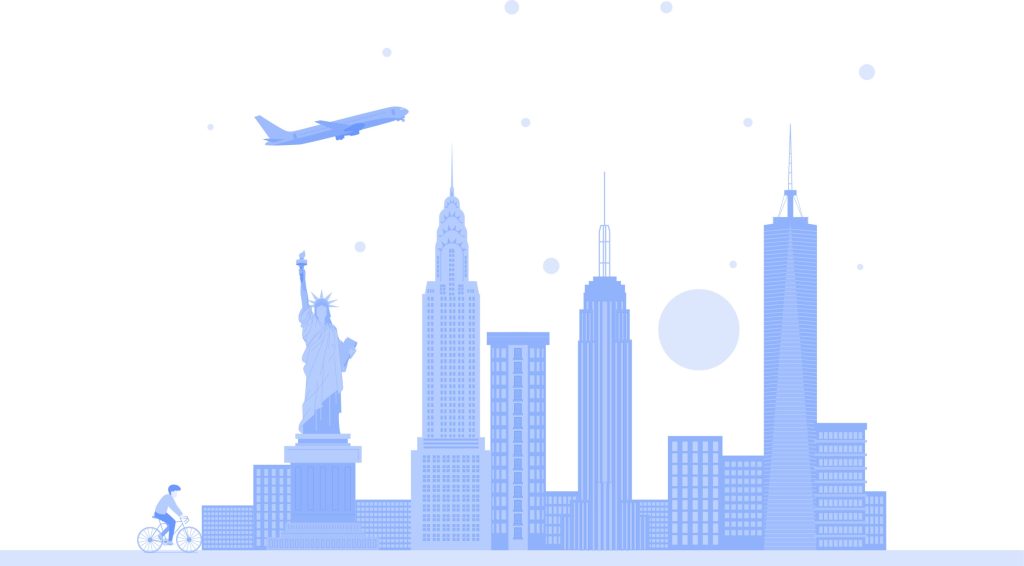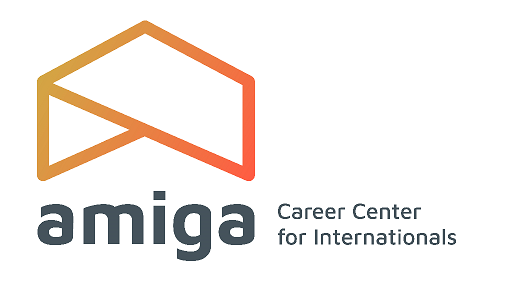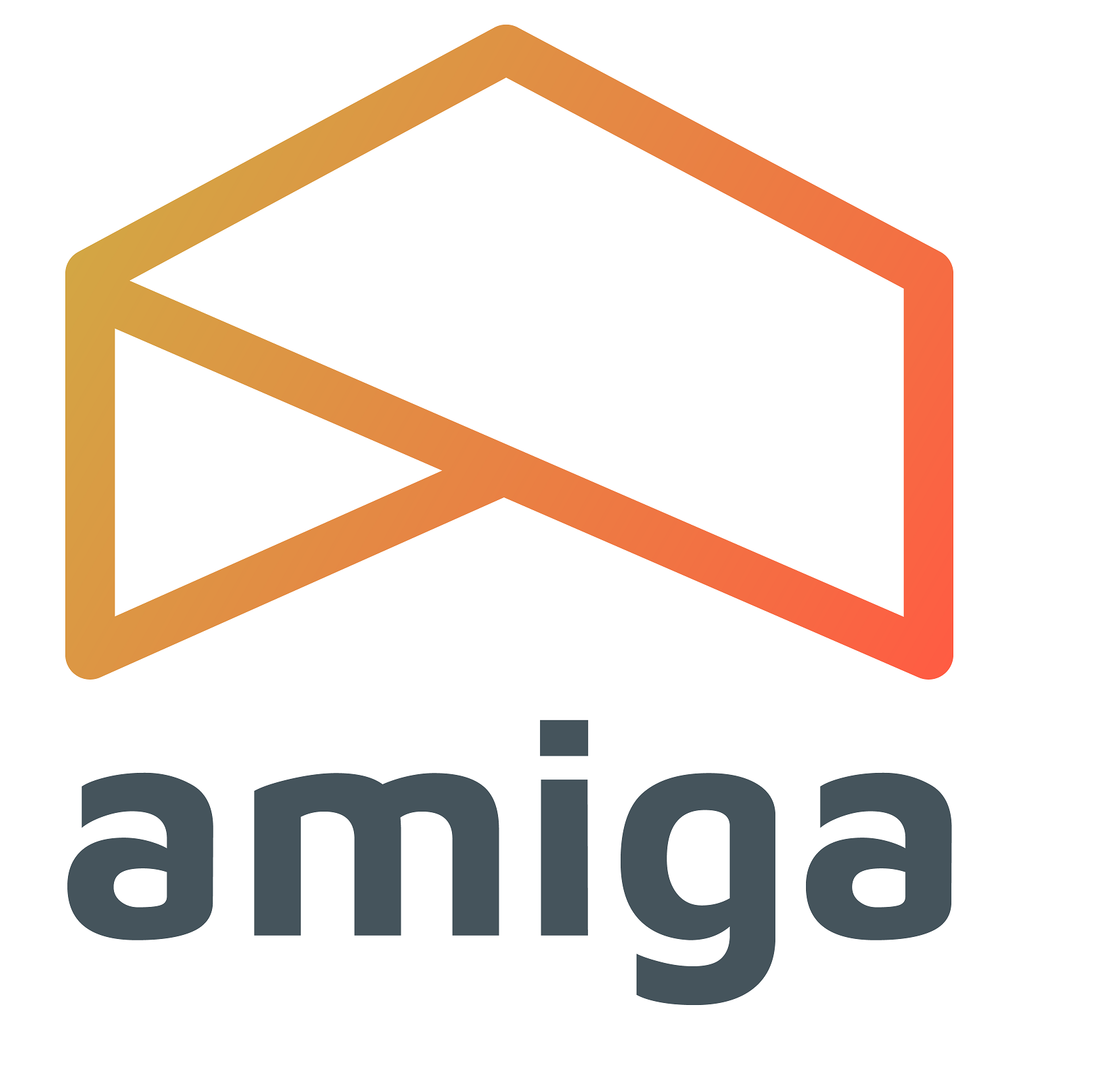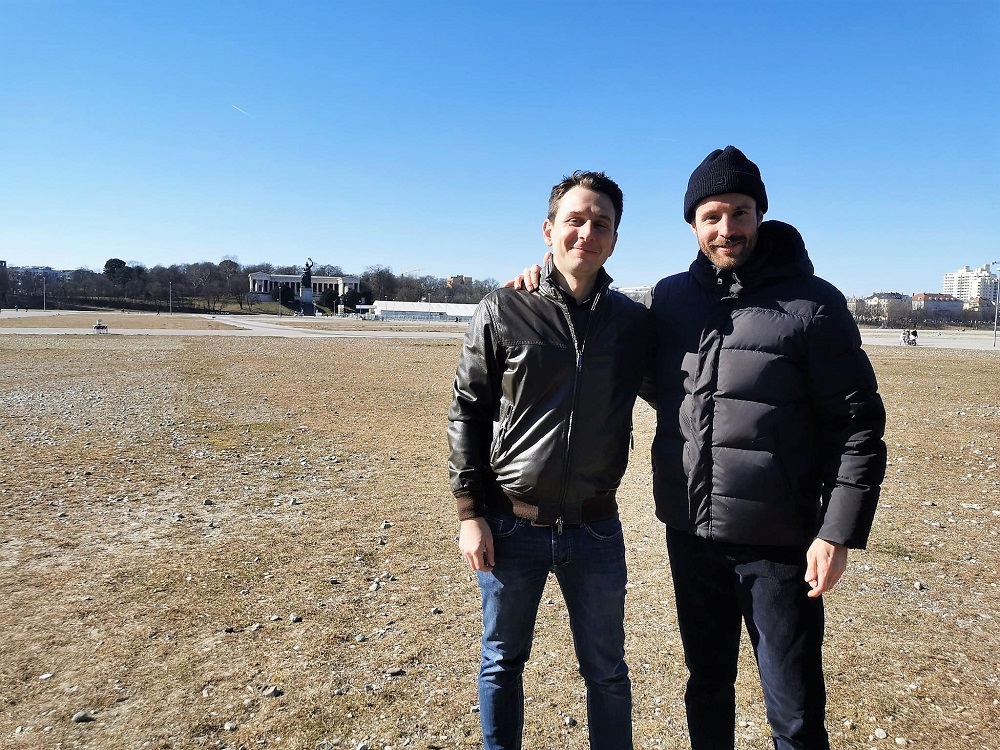Recruiting via amiga Career Day:
How I landed my dream job in Munich
Susanne Leupold
Publish on : 31-07-2024

After moving from New York to Munich, Leslie realized that the job search and application process was far more challenging than she had anticipated. However, her fortunes changed when she attended an amiga career event, where she connected with FELD M, a consultancy specializing in data-driven marketing. This pivotal moment opened the door to her dream job, demonstrating the power of networking and the importance of targeted career opportunities when navigating a new job market.


Thank you for joining us today to discuss your job search experience in Germany. Could you start by telling us about the challenges you faced in finding a job there?
Leslie: Finding a job in Germany was very hard compared to my experiences in New York and the US. The job market in Germany is quite competitive, and the hiring process is much slower. In the US, people are hired faster and easier, in part because there is less job security compared to Germany.
How does the application process in Germany compare to that in the US?
Leslie: The application process in Germany is much more document-intensive. You need to provide numerous documents and certificates to prove your qualifications. In the US, it’s often sufficient to state your qualifications, here in Germany, you need to provide many proof points. This extensive documentation is also important when applying for a residence permit as a job seeker. My tip here: I would recommend getting support from paid services or hiring an assistant to help with visa-related tasks.
How did you land your first job in Germany?
Leslie: My first job in Germany was at a bank, and I got it through a personal recommendation from a friend from my Master’s program. I made it to the interview, and although they initially said that German was required, it turned out that I could work in English. I received on-the-job training about German regulations. Nevertheless, I was looking for another professional path.
How did you find your current job?
Leslie: I attended a career event of amiga that came to my attention via social media. It was an online job fair. At that stage, I already attended several career fairs in person that can be overwhelming and competitive. However, the amiga Career Day was much better organized with dedicated time slots, making it easier to meet and talk to companies. I booked a personal meeting with FELD M and sent my application documents and finally got a job!
Can you tell us about your experience working at FELD M?
Leslie: I really enjoy working at FELD M because of its shared leadership model. It offers more freedom and feels similar to a startup environment, which aligns well with my personal work style and values. I believe this cultural fit has been crucial for my job satisfaction.
What advice would you give to someone considering a job in a new company?
Leslie: I would emphasize the importance of understanding the corporate culture before joining a company. It’s essential to think about whether the company’s values and work environment align with your own. A good cultural fit can significantly enhance your work experience. Moreover, most of my friends are now Germans, and I’ve found that many of my colleagues also meet outside of work, to meet during the weekends or even spend holidays together.
What cultural differences have you noticed since moving to Germany?
Leslie: One significant cultural difference I’ve observed is that Germans generally don’t talk about money. This is true both in professional settings and among friends! It can be quite surprising, especially coming from a culture where discussing salaries and financial matters is more common.
Are there any other cultural aspects that have been challenging for you?
Leslie: Yes, another challenge has been navigating the use of “Du” and “Sie” in German. Deciding when to use the informal “Du” versus the formal “Sie” can be quite tricky. It’s important to know the context and the relationship you have with the person you’re addressing.
How have you managed these cultural challenges?
Leslie: I’ve tried to observe how others interact and follow their lead. Additionally, I’ve found that asking for clarification when in doubt can help. Most people appreciate the effort to understand their culture, and it opens up conversations about these differences.
What key learnings have you taken from your experience?
Leslie: I wish I had started learning German before coming to Germany. It would have made the transition smoother. I would strongly encourage anyone moving to Germany to start learning the language as soon as possible. Even basic proficiency can make a huge difference in your ability to connect with people and navigate daily life.
Read more stories by Internationals
Get ahead professionally with an amiga Job Buddy and learn from each other culturally
Jamila came to Germany from Afghanistan in 2019 - in her luggage: a package of womanpower, with a bachelor's and master's degree and a lot of professional experience. However, the path in Germany is rocky for all those who are not familiar with the German job market. With the help of Job Buddy Dastin S., Jamila makes her way through the Munich job and career jungle and exchanges ideas with the expert in the field of (further) education and media psychology.
The Perfect Match: Driving your Career with a Job Buddy
When Gabriele M. went from Milan to Munich in summer of 2021, he came for love: he followed his wife who settled here for professional reasons. At this time, Corona still had a big impact on personal life, that’s why looking for a job was not quite easy...



